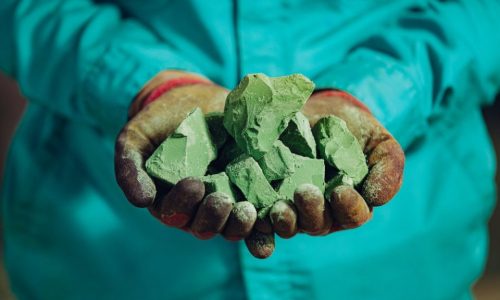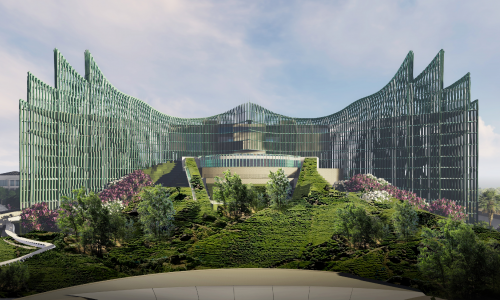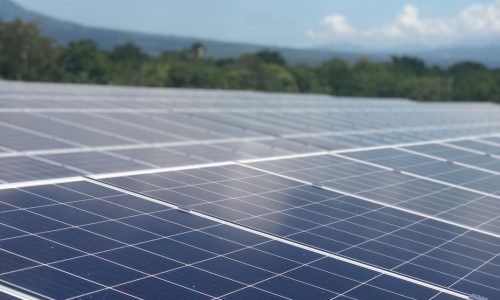BYD Chinese technology and electric vehicle (EV) manufacturer has expressed its readiness to enter the Indonesian automotive market by selling passenger cars in the first half of 2024.
Moreover, BYD aims to collaborate with local players to develop the electric vehicle ecosystem in Indonesia.
“Currently, many Chinese automotive players are entering the Indonesian market. However, this is good for Indonesian consumers who now have many choices from various products and segments. Indonesian consumers just need to choose,” said Liu Xueliang, General Manager of BYD Asia-Pacific Auto Sales Division.
Liu is confident that BYD’s products can be well-received due to Indonesia’s robust automotive growth. Additionally, he believes that BYD’s electric cars can compete with internal combustion engine (ICE) or conventional fuel vehicles.
“But there is a difference between ICE vehicles and EVs, where EVs are currently driving the advent of a new era of mobility,” Liu explained.
BYD will collaborate with third-party companies in Indonesia to jointly build a sustainable electric vehicle ecosystem.
“We hope to build the future of the Indonesian automotive industry together. We are very confident,” he added.
Eagle Zhao, President Director of PT BYD Motor Indonesia, stated that they have studied the characteristics of the Indonesian automotive market before entering the passenger car market.
BYD had previously tested Jakarta’s traffic through the Blue Bird taxi fleet and TransJakarta buses.
Eagle mentioned that using public transportation fleets is the right way to test the toughness of cars. This is because the vehicles continue to operate on varied road terrains, in various weather conditions, with heavy loads, and under different driving styles of various drivers.
“For the past two years, we have been seriously studying Indonesia. We also studied product segments, relevant technologies, and available infrastructure,” said Eagle.
However, BYD did not disclose the specific types of vehicles it would bring to Indonesia. Eagle stated that they are ready to compete and “we will bring competitive products.”
Currently, BYD has various EV models ranging from city cars to buses. In Thailand, BYD has sold models like Dolphin, Atto 3, and Seal with prices ranging from IDR 400 million to IDR 700 million.
When asked about the price range of its cars in Indonesia, BYD requested Indonesian consumers to wait until the launch in the first half of 2024.
Eagle assured that BYD is currently conducting road tests in Indonesia to gather accurate data before deciding which BYD vehicle to introduce to the Indonesian market.









